In March 1942 an additional special Senate committee started hearings on those doing business in Nazi Germany. Within the month, Kevin Phillips explains in American Dynasty, Stimson asked the President “to stop the investigations because they would interfere with companies engaged in the war effort.” The Senate committee apparently was stopped, but other investigations under the Trading with the Enemy Act were unaffected and rolled on. Phillips noted “none of this would have been happy news for Prescott Bush,” who was indeed ‘engaged in the war effort.’ [1]
Webster Tarpley and Anton Chaitkin, in their 1990 classic George Bush: the Unauthorized Biography, capture the irony of the situation seven months later. One of those investigations Stimson had been unable to prevent eventually nabbed his friend’s corporation.
“In October 1942, ten months after entering World War II, America was preparing its first assault against Nazi military forces. Prescott Bush was managing partner of Brown Brothers Harriman. His 18-year-old son George, the future U.S. President, had just begun training to become a naval pilot. On Oct. 20, 1942, the U.S. government ordered the seizure of Nazi German banking operations in New York City which were being conducted by Prescott Bush. '' [2]
The government took over the Union Banking Corporation (UBC), in which Bush was one of twelve directors. The original order from the alien properties custodian described UBC as “a New York corporation [...] all of which shares are held for the benefit of [...] members of the Thyssen family, [and] is property of nationals [...] of a designated enemy country. '' [3] This “Thyssen family” was in essence Fritz Thyssen, a politically important German steel baron, one of the top players in Germany’s military-industrial complex, and an ardent, two-decade Nazi supporter. He had published a book in 1941 called I Paid Hitler,” admitting he had been funding the Nazi party since late 1923. [4]
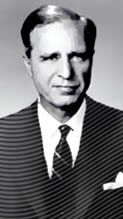 |
Unlike Walker and Bush, Harriman was a Democrat, and had very, very high connections. He would somehow play a pivotal role in the War; President Roosevelt’s personal, unofficial, floating ambassador to Stalin’s Soviet Union and Churchill’s UK. From February 1941 and on, Harriman regularly hobnobbed with the allied leaders under instructions to report directly to the White House, bypassing normal diplomatic channels and Congressional approval. He maintained this special role throughout the war, attending all of the wartime conferences and twice going on missions to arrange increased aid to the Soviet Union. In October 1943 he got his first official appointment as ambassador to the USSR, just one year after the seizure of the Union Banking Corporation that had helped bankroll, among other things, the Nazi’s invasion of Russia. [7] Averell never left the board of Brown Brothers Harriman during this time, remaining a partner until 1946. [8] Yet he was apparently never mentioned in orders against the company’s subsidiaries, which finally had to be closed down by force nearly a year after America entered the war and nearly two years after Harriman himself had entered it.
Tarpley and Chaitkin list the shareholders of Union Banking Corporation mentioned in the October 1942 order. The majority shareholder was E. Roland Harriman, chairman and director of UBC and Averell’s brother. He held 3,991 shares. The authors explain “this is “Bunny” Harriman, described by Prescott Bush as a place holder who didn’t get much into banking affairs; Prescott managed his personal investments” Prescott himself, and all other shareholders besides “Bunny,” held only one token share apiece, presumably to allow them to sit in on decisions but limit their culpability. [9] And isn’t that the magic of a corporation anyway? The list also included two Dutch men (also with one share each) who managed the Nazi end of the business. (The Netherlands was at the time under German occupation.) It was these men’s Dutch bank that nominally “controlled” UBC and also handled Thyssen’s donations to the Nazi party. [10]
According to Kevin Phillips in American Dynasty, Brown Brothers Harriman-Nazi-connected property was seized during the course of late 1942, just as American forces were preparing for major combat in North Africa. These seizures started in August with the Hamburg-Amerika line, partly owned by a corporation controlled by Harriman and Walker. Then there was the seizure in October of UBC’s assets, which netted Bunny Harriman, Prescott Bush, and others as we’ve seen. In November, the last entity, the Silesian-American Corporation, was seized. [11] This was a holding company through which, Tarpley and Chaitkin explain, “the Harriman firms […] bought a one-third interest in the principal German-owned coal and zinc mines in Poland,” the other two-thirds of which were held by Friedrich Flick, another top Nazi industrialist who worked with Thyssen. [12]
The investigative report prior to the government crackdown explained the significance of Brown Brothers Harriman’s role: “Since September 1939, these properties have been in the possession of and have been operated by the German government and have undoubtedly been of considerable assistance to that country in its war effort.” [13]
For its part, the Union Banking Corp., which Prescott Bush had directed since 1934, eventually helped Thyssen finance what would become 30-50% of German national output for various materials (like pig iron, heavy plate armor, and explosives), which were used liberally in the conquest of Europe. [14] Like the others who helped create the formidable Nazi menace America would be forced to fight, Bush was not punished, but rather was rewarded. Prescott Bush somehow went on to be a U.S. Senator (R-CT), and his son a Senator (R-TX), CIA Director and U.S. President, his grandson a Governor (R-TX) and U.S. President… Somehow, what should have been a name that draws spittle to the lips was carried all the way to the White House where it seems intent on staying.
So anyway, the Union Banking Corporation continued operations into late 1941, as Pearl Harbor neared. Both Prescott’s business partner Averell Harriman and his friend Henry Stimson were working personally with FDR as he labored to provoke a Japanese attack and manage America’s entry into the War. It’s also worth noting that all three of these men, Stimson, Harriman, and Bush, shared the bond of secrecy that comes with induction into Skull and Bones. We can neither prove nor rule out that Prescott had, through either of these channels or elsewhere, learned by this time that 12/7 was about to happen under FDR’s provocations – and either way, the attack and America’s entry into the war eventually disrupted his profitable dealings with Thyssen. It can only be wondered what his son George knew or suspected or felt about Roosevelt’s decision as he enlisted to avenge the engineered attack and fight the allies of the man his father had helped get in power. Probably no hard feelings. Business was business after all.
Sources:
[1] Phillips, Kevin. “American Dynasty: Aristocracy, Fortune, and the Politics of Deceit in the House of Bush.” New York. Viking. 2004. Page 39.
[2] Tarpley, Webster G. and Anton Chaitkin. George Bush: The Unauthorized Biography. Chapter - II - The Hitler Project. Accessed online at: http://www.tarpley.net/bush2.htm
[3] See [2].
[4] See [2].
[5] See [1]. Page 180.
[6] “Prescott Bush.” Wikipedia. Accessed September 28, 2005 at: http://en.wikipedia.org/wiki/Prescott_S._Bush
[7] “W. Averell Harriman.” The Reader’s Companion to American History. Houghton Mifflin. Accessed September 27, 2005 at: http://college.hmco.com/history/readerscomp/rcah/html/ah_040400_harrimanwave.htm
[8] Truman Presidential Museum and Library. “Profile of W. Averell Harriman.” Accessed September 28, 2005 at: http://www.trumanlibrary.org/profile/viewpro.php?pid=87
[9] See [2].
[10] See [1]. Page 180.
[11] See [1]. Page 39.
[12], [13], [14], See [2].


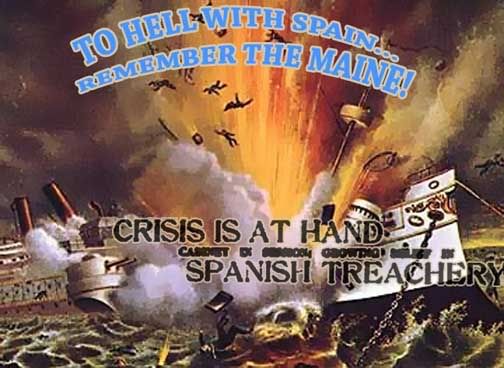
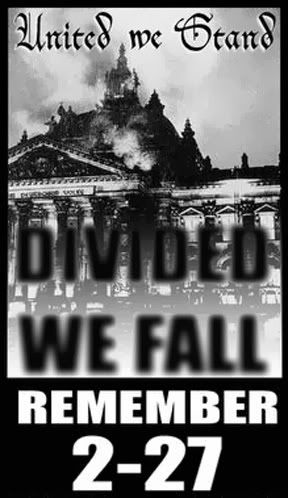


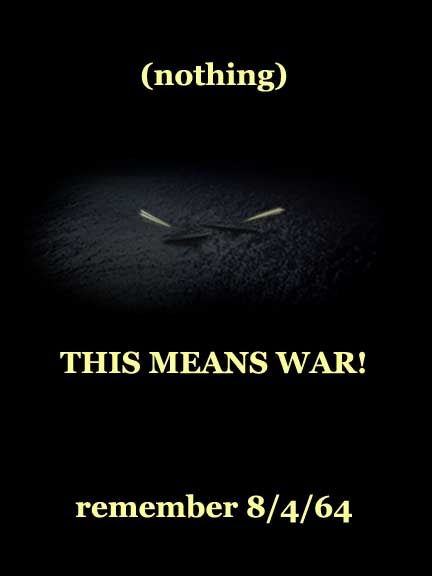


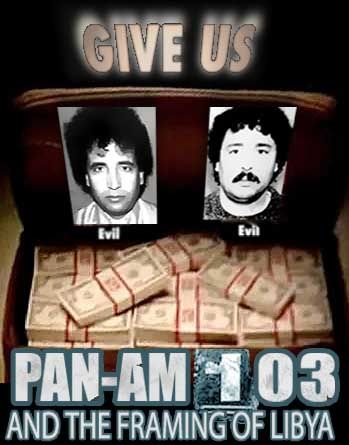



No comments:
Post a Comment